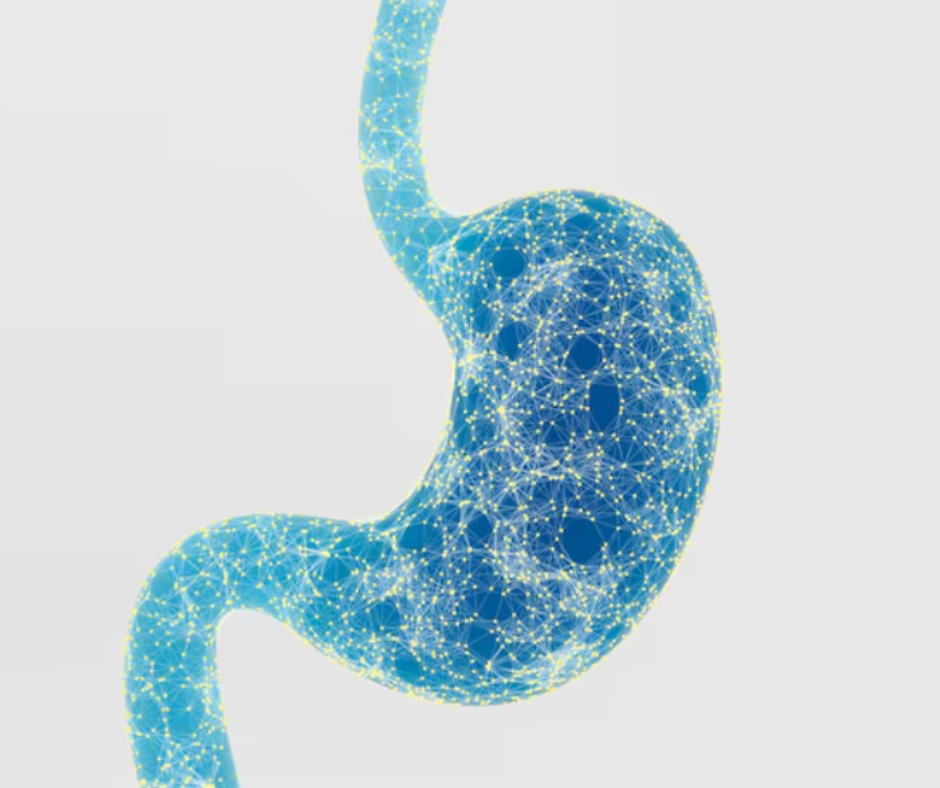Beyond Heartburn: Exploring Gastroesophageal Reflux Disease (GERD)
- livercarecenter23
- Jul 20, 2023
- 2 min read
More Information: gastroenterologist in kochi
Have you ever experienced that uncomfortable burning sensation in your chest after a hearty meal? Many people dismiss it as heartburn and simply reach for over-the-counter antacids to alleviate the discomfort. However, what if that heartburn is not just a passing inconvenience but a recurring issue? It could be a sign of a more serious condition known as Gastroesophageal Reflux Disease (GERD). In this blog post, we will delve into the world of GERD, exploring its symptoms, causes, risk factors, and potential treatment options.
Understanding GERD:
GERD is a chronic digestive disorder in which stomach acid frequently flows back into the esophagus, the tube that connects the throat to the stomach. Normally, a muscular ring called the lower esophageal sphincter (LES) prevents this acid from moving upwards. However, if the LES weakens or relaxes abnormally, acid reflux occurs, leading to the characteristic symptoms of GERD.
Common Symptoms:
Frequent heartburn: A burning sensation in the chest, often after eating or lying down.
Acid regurgitation: Sour or bitter taste in the mouth due to stomach acid backing up into the throat.
Difficulty swallowing: Also known as dysphagia, it may feel like there's a lump in the throat.
Chronic cough: GERD-induced irritation can trigger a persistent cough.
Hoarseness or sore throat: Caused by acid irritating the vocal cords and throat lining.
Chest pain: Severe cases of GERD can mimic heart-related chest pain, leading to confusion and concern.
Factors Contributing to GERD:
Diet: Consuming large meals, fatty and spicy foods, caffeine, alcohol, and chocolate can trigger GERD symptoms.
Obesity: Excess weight puts pressure on the abdomen, increasing the risk of acid reflux.
Hiatal hernia: When part of the stomach pushes through the diaphragm, it can disrupt the LES's function.
Smoking: Tobacco weakens the LES and damages the protective lining of the esophagus.
Pregnancy: Hormonal changes and pressure on the abdomen during pregnancy can cause GERD.
Medications: Some medications, such as antihistamines and certain pain relievers, can relax the LES.
Complications of Untreated GERD:
GERD left untreated can lead to severe complications, including:
Esophagitis: Inflammation and damage to the esophageal lining.
Barrett's esophagus: A precancerous condition characterized by abnormal changes in the esophageal lining.
Esophageal strictures: Narrowing of the esophagus due to scar tissue formation.
Respiratory issues: Aspiration of stomach acid into the lungs, leading to chronic respiratory problems.
Dental problems: GERD can cause enamel erosion and dental decay.
Treatment and Lifestyle Modifications:
Lifestyle changes: Maintain a healthy weight, avoid trigger foods, eat smaller meals, and quit smoking.
Elevated sleeping position: Raise the head of your bed to prevent nighttime acid reflux.
Medications: Over-the-counter antacids, H2 blockers, or proton pump inhibitors can provide relief.
Surgical intervention: In severe cases, surgical procedures like fundoplication may be necessary.
Conclusion:
Gastroesophageal Reflux Disease (GERD) is not just a minor annoyance; it is a chronic condition that requires attention and appropriate management. Recognizing the symptoms, understanding the contributing factors, and adopting lifestyle changes can help reduce the discomfort and potential complications associated with GERD. If you suspect you have GERD or experience persistent heartburn, it's essential to consult a healthcare professional for proper diagnosis and personalized treatment. Remember, addressing GERD early can lead to a better quality of life and long-term well-being.




Comments